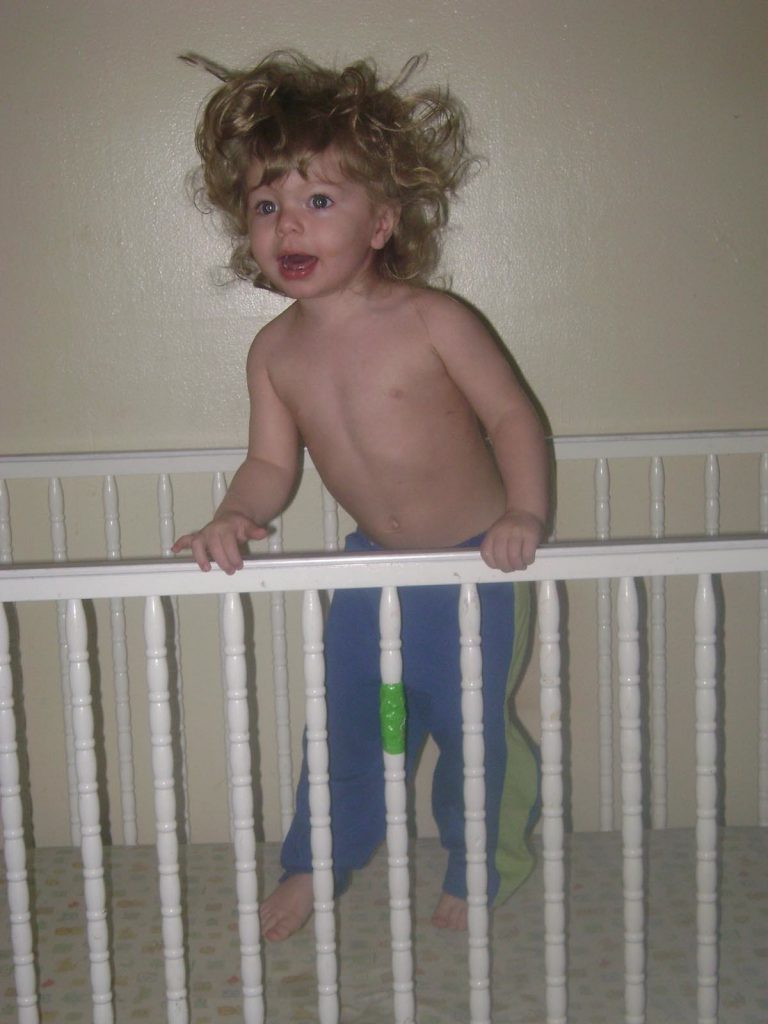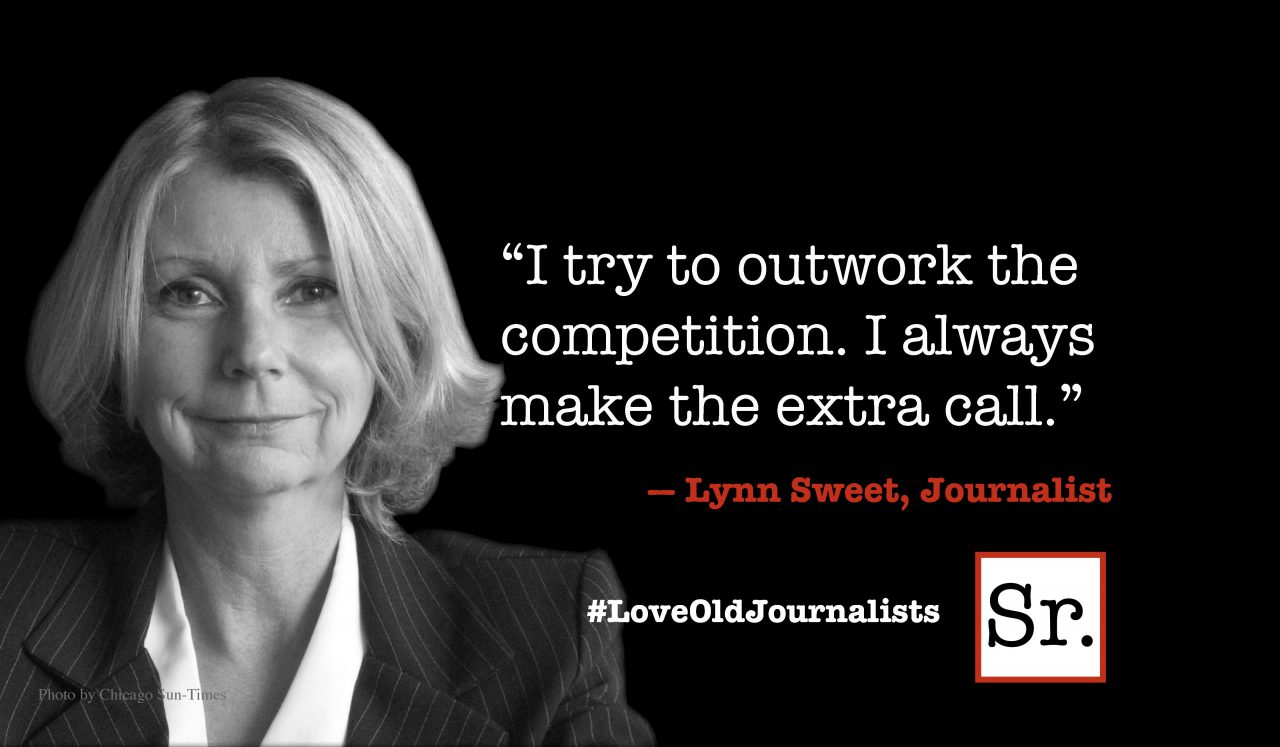It looks like the Sleep Wars have begun.
Several weeks ago, in a column on attachment parenting, I wrote “James J. McKenna, director of the Mother-Baby Sleep Laboratory at the University of Notre Dame, says that he has yet to find any benefit to parents and children sleeping together.” I arrived at that conclusion after reading an online Q&A in which he wrote “The truth is that there is no one outcome (good or bad) that can be associated with co-sleeping in the form of bed-sharing, but rather a range of outcomes (from potentially beneficial to dangerous and risky) depending on the overall circumstances within which the co-sleeping takes place.”
In a response at cosleeping.nd.edu, Dr. McKenna says that he firmly believes co-sleeping is beneficial, as supported by his own and others’ refereed published scientific research. He has even written a blog titled "Cosleeping and Biological Imperatives: Why Human Babies Do Not and Should Not Sleep Alone," also available at the above website.
McKenna lists a number of benefits to co-sleeping, including breastfeeding advantages, superior cognitive ability at age 6, and greater problem-solving independence during toddlerhood. He also claims to have found that young adults who bedshared as infants and young children were more satisfied with their bodies and had more secure gender identities.
Nonetheless, a 2002 study done by researchers at the University of California, Los Angeles, and published in the Journal of Developmental and Behavior Pediatrics found that by age 18, children who had slept with their parents as youngsters showed no advantage over children who had slept alone. The factors looked at included social skills, drug and alcohol use, antisocial behavior, and overall psychological well-being. I’m reasonably certain that study was refereed, meaning it had to pass rigorous peer review in order to be published.
Dr. Alice Callahan, who writes a blog at scienceofmom.com, has carried out an extensive review of the literature pertaining to methods of training infants to fall asleep on their own and put themselves back to sleep when they wake (self-soothing). She concludes that sleep training results in reduced bedtime struggles, fewer night wakings, and longer sleep periods for both baby and parents. Also, mothers of sleep-trained babies were less likely to experience post-partum depression. Parents reported improved baby temperament and mood, less overall parenting stress, greater confidence, and greater marital satisfaction. Callahan writes, “of all the studies of sleep training, not a single one has identified a negative effect on babies’ behavior or relationship with caregivers.”
Interestingly, these results are irrespective of the form of sleep training used, including letting babies cry themselves to sleep. Since the late 1970s, I’ve been advising through this column that parents use what is now known as “graduated extinction.” This involves parents periodically calming the crying child and increasing the comforting interval over successive nights. Although the research doesn’t affirm the superiority of this method, I think most parents prefer it over letting children “cry it out.”
When one looks at the total body of research into infant and child sleep, the contention that co-sleeping or bed-sharing is superior to solo sleep seems impossible to objectively defend.









